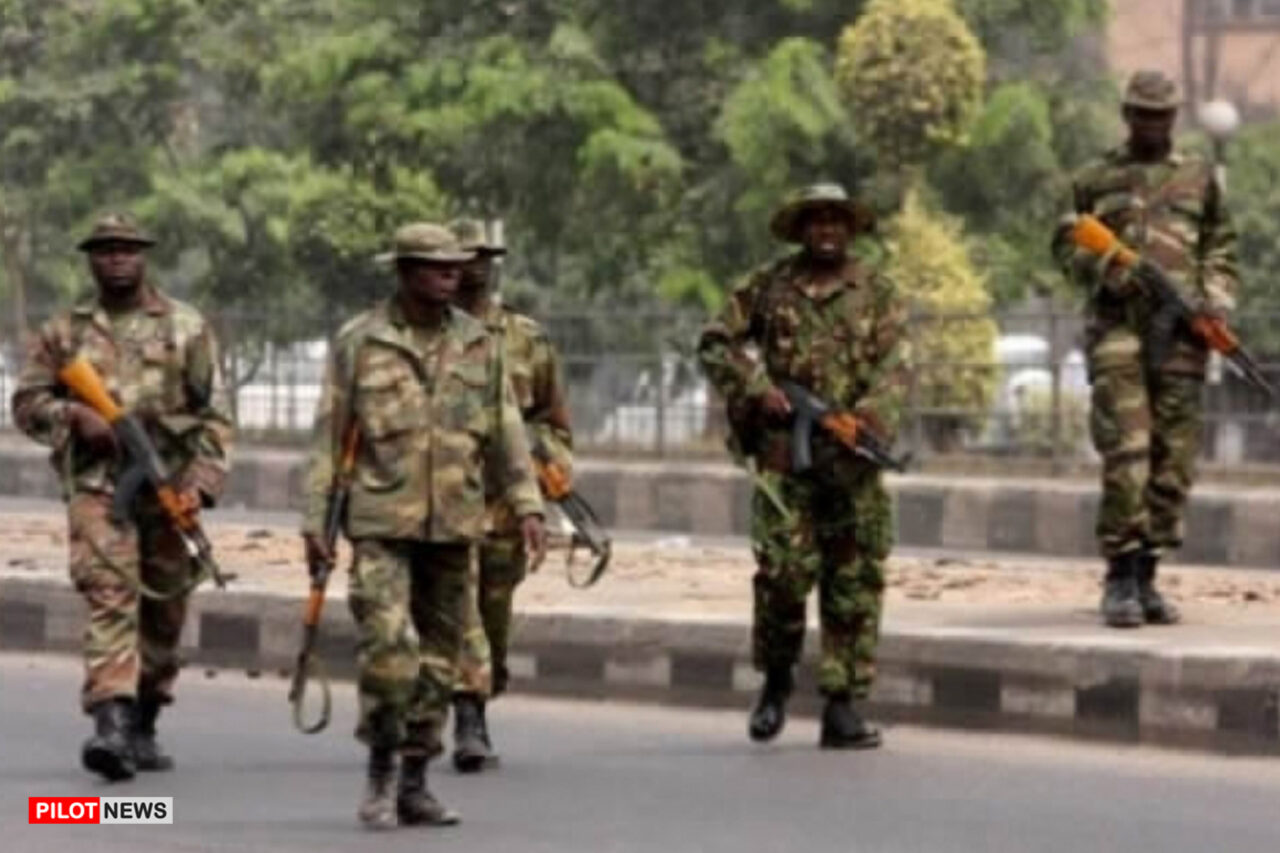Nigeria is considering a major change in its police system, as President Bola Tinubu pushes to introduce state-controlled police forces to tackle the country’s worsening security crisis.
Rising Insecurity Sparks Reform
Across Nigeria, violent attacks, kidnappings, and insurgency have become disturbingly common.
In the North, Islamist terrorists and bandits continue to raid villages, impose fines, abduct residents, and demand ransoms. In the Southeast, separatist groups are blamed for killing civilians and security personnel, and enforcing illegal sit-at-home orders.
In the Southwest, there are reports that Fulani militia fleeing military operations in the North have infiltrated local communities. Meanwhile, in the Middle Belt, Fulani ethnic militias have continued to launch unprovoked attacks on predominantly Christian villages, killing residents and displacing entire communities.
Tinubu’s Bold Move
President Tinubu has repeatedly voiced his commitment to overhauling the nation’s security infrastructure. In February 2024, he met with the 36 state governors and secured broad agreement on the need for state police.
This move follows years of pressure from governors who argue that a one-size-fits-all federal police structure cannot effectively address Nigeria’s diverse security challenges.

State police means each state in Nigeria would have its own police force, controlled and funded by the state government, similar to the system in the United States.
Currently, Nigeria only has a single police force, the Nigeria Police Force, controlled from Abuja. The proposed reform seeks to amend this structure, granting states the power to recruit, equip, and manage their own police personnel.
Where Things Stand Legally
The National Assembly is now working on constitutional amendments to legalize state police. Senate Leader Opeyemi Bamidele stated, “The National Assembly is in the process of developing legal frameworks for establishing state police as one of the measures to address insecurity in the country.”
The Constitution of the Federal Republic of Nigeria (Alteration) Bill, 2023 (HB. 617), currently before lawmakers, aims to amend Section 214 of the 1999 Constitution (as amended) to allow state police to operate alongside the federal force. It proposes the creation of State Police Service Commissions to oversee recruitment and discipline at the state level.
The bill has already passed its second reading in the House of Representatives, a sign that lawmakers are taking it seriously. However, this is not Nigeria’s first flirtation with the idea. In 2020, former Deputy Senate President Ike Ekweremadu introduced a similar bill in the 8th Senate. It proposed a dual policing structure but did not pass the committee stage.
The Debate: Supporters vs Sceptics
Support for the proposal is not unanimous. Presidential Adviser Daniel Bwala thinks state governors should first show better use of the security tools and funds they already have. Instead of waiting for state police, Bwala suggests a grassroots approach: setting up a civilian security outfit, locally called vigilantes, in every community.
“Go to every local government and create a local government vigilante. Go to the wards. Just like in politics, we have the polling unit,” he charged the governors. According to him, such a community-based model could gather intel, respond quickly to threats, and save lives without the heavy financial and administrative burden of starting a state police force from scratch.
Inspector-General of Police Kayode Egbetokun is also not convinced. He warned that Nigeria is not yet “mature” for state police. “State governors could use the police forces under their control for political or personal gain,” he said. “There would also be a conflict of jurisdiction.”
Voices of Support
But there is no shortage of backers. Former President Goodluck Jonathan says state police is non-negotiable.
“We don’t need to debate whether we should have state police or not, I think it is already settled, there is no way to manage our internal security if the states do not have their police,” he said.
The Nigerian Bar Association (NBA), a body similar to the American Bar Association, has also thrown its weight behind the move.
NBA Jos Branch Chairperson, Leah Hassan, did not mince words: “We cannot continue to be silent in the face of these barbaric and evil acts of killing innocent citizens and taking over their ancestral lands, making them strangers in their own homes. The states should be allowed to establish state police armed with weapons to defend our communities.”
Governors Ready to Act
In December 2024, all 36 state governors submitted their implementation plans for state police to the National Economic Council. The majority expressed support.
Kaduna’s Governor Uba Sani explained why the consensus was strong: “We have a lot of ungoverned space in Nigeria, and much deficit in terms of number of boots on ground… that is the reason most of us agreed that establishment of state police in Nigeria is the way forward toward addressing the problem insecurity in our own country.”
Whether state police are game-changers remains to be seen. But one thing is clear: Nigeria’s security crisis has reached a tipping point, and many believe it is time to try something new, even if it opens Pandora’s box.
- Tinubu Awards GCON to Gilbert Chagoury - January 19, 2026
- Morocco Files Official Complaint Over Senegal Conduct in AFCON Final - January 19, 2026
- Moroccan Hearts Broken as Senegal Wins AFCON Final - January 19, 2026

